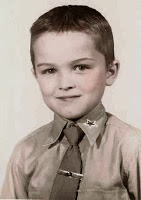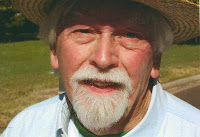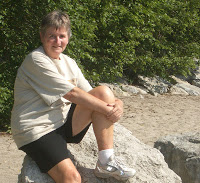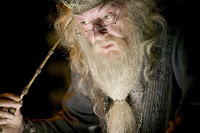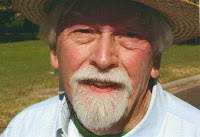James died of lung cancer. They took out part of his lung. Then, it spread to his brain, and they had to operate on his brain. It spread more throughout his remaining lungs. He suffered for six years. I cared for him. He struggled hard the whole time. I understand that he struggled so hard because he did not want to leave me alone. He felt leaving was a betrayal. He said so as he lay dying.
When he was very young, a long time ago, his father (who always addressed James by his middle name) warned him, “Howard, never take up smoking.” His father was a terribly poor Georgian and did not know how to read; but, in his own way, he was very wise. And, this was long before the tobacco companies finally were forced to admit that smoking kills. Sociopaths as they were, those tobacco-men made billions of dollars over many years, selling an addictive poison. And, poor James fell for it. After all, everyone in the movies was smoking. Everyone smoked on the streets, in the shops, and in the work-places where James went.
Later in San Antonio, James was eagerly accepted into the classy social crowd, which is not surprising. James was exceedingly handsome, intelligent, and charismatic. Everybody wanted James to come to their parties. Of course, there always was lots of booze, and it was regarded as the smart thing to smoke. Everyone else was, so James started smoking, too. With so much influence from all his good friends, why would he heed his father’s early warning?
I can’t say that I was much wiser. I never bothered to take up smoking and, as a consequence, did not really know much about it. This was still before the cigarette drug-dealers admitted that smoking could cause cancer.
When I met James, his affect was that of a very educated, elegant gentleman. When he smoked, that was just part of his persona. For him, of course, it was a deep-seated addiction.
So, for his birthday, I gave him a gold Tiffany cigarette lighter and a gold cigarette case. In my ignorance, I became an enabler.
Several years went by, and James developed a chronic cough. He went to see a doctor, who told him, “I don’t like the architecture of your lungs.” I shall never forget those words. James had developed chronic bronchitis and was ordered to stop smoking. Within just a few days, James’ face no longer looked so gray, but the damage was done.
In 1991, James came home from the doctor and told me the news: he had lung cancer. He cried. All I could do then, and for the rest of his life, was to stand by him, to help him in every way I could. Some acquaintances actually asked me, “Why don’t you leave him?” I was shocked. How could I? I took care of him for six years and was with him when he drew his last breath.
Those final days happened already two decades ago; yet, in some ways, it seems like just yesterday. The years have gone by; I have grown older. When I think back, we had some good years together, fourteen out of twenty. But I keep wondering, “What would it have been like to have continued together to this very day in good health?”
© 6 July 2016
About the Author
I have had a life-long fascination with people and their life stories. I also realize that, although my own life has not brought me particular fame or fortune, I too have had some noteworthy experiences and, at times, unusual ones. Since I joined this Story Time group, I have derived pleasure and satisfaction participating in the group. I do put some thought and effort into my stories, and I hope that you find them interesting.

